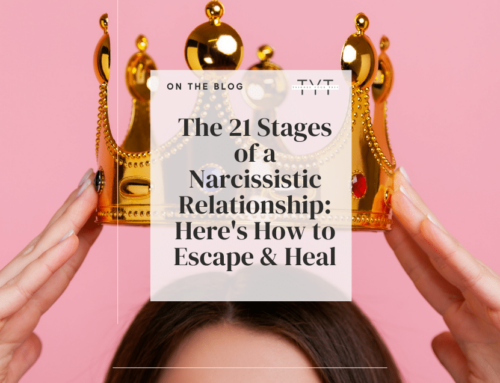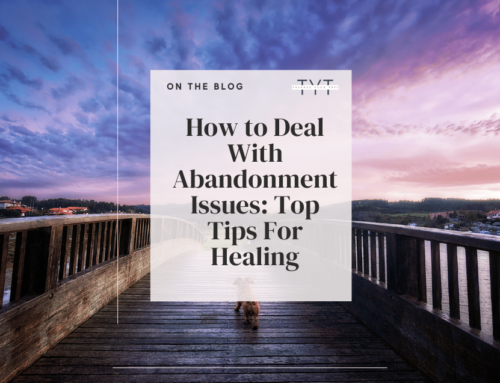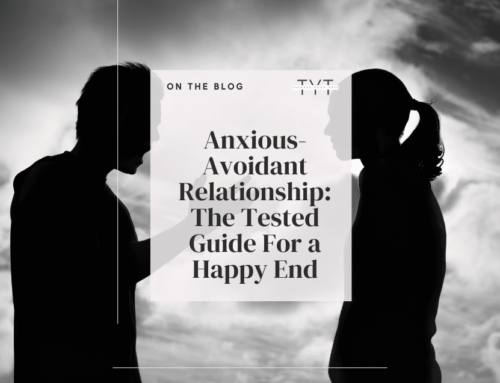Sometimes it’s not easy to understand whether you’re being gaslighted, and it’s even more challenging to confront others for it. That’s why I’m making your life easier today by allowing you to take a free “Am I being gaslighted” quiz.
Chances are, if your gut tells you that you are being gaslighted, you are. The tricky part is admitting it to yourself and confronting the other person’s bad behavior.
Also, it is essential to always know and remember the red flags of gaslighting, so you set your boundaries without falling for it again. So after you finish the “Am I being gaslighted” quiz, make sure you keep reading.
Is it me, or am I being gaslighted?
Am I crazy? That’s a question we’ve all asked ourselves at one point or another. It’s far too common for most of us to question our sanity sometimes.
Especially when others, either in our personal or professional spectrum, are the reason we reflect on our own perception. We forgot deadlines that were never mentioned. We missed appointments that were never scheduled. We got offended by words that were never spoken. These people make us seem we’re insane, or we make up stuff in our heads.
They deny past events that we witnessed, devalue and deny our emotions, and restate situations so we take the blame. “Maybe it was my fault,” “Maybe I don’t remember how things happened,” “Maybe it’s not a big deal,” or “True, I’m being too sensitive,” We think, and we get on with our day. Yet something still feels off; we take it so far with us that we are indeed losing it.
This type of manipulation is far too common. In fact, 50% of workers aged 18-54 have experienced it at least once in the workplace, while more than 43 million women and 38 million men have been through it by an intimate partner.
And yet, 3 in 4 US adults don’t know what gaslighting is.
They feel hopeless, constantly questioning their sanity, and still unable to confront their abusers.
What is gaslighting?
Gaslighting is a form of emotional abuse in which the abuser manipulates information to make the victim question their memories and sanity. It’s an insidious form of control and manipulation that can be hard to identify, but it can have severe consequences for our mental health.
We feel confused and cannot really state the other person’s bad behavior. We are unconsciously not making it big to avoid stress and protect our self-esteem by not confronting that person.
Eventually, we constantly question our sanity to the point that we feel hopeless.
What are the common gaslighting phrases?

You are right to suspect gaslighting whenever someone denies your feelings, thoughts, or behaviors, especially if it happens constantly.
Knowing the below phrases can help protect yourself and your energy from a toxic relationship and gaslighting.
“You ‘re being crazy.”
“You ‘re being sensitive.”
“You don’t remember details properly.”
“I was joking. Don’t you have a sense of humor?”
“It’s all in your head.”
“You are being paranoid.”
“You are overreacting.”
“Don’t exaggerate stories.”
“You need to do a lot of work.”
“That never happened.”
“I don’t know what you want me to say.”
What are the red flags of gaslighting?
Below you’ll find the most common gaslighting signs, so you always know what’s going on when you come across such behaviors or feelings and never question your sanity again.
You feel confused all the time about the way things happen.
You remember things happening in a specific way, but the other person distorts that reality, making you feel confused.
You second-guess yourself and ask for friends’ information.
“Maybe I’m not right,” you think, and you require validation or proof from friends.
You feel like everything you do is wrong.
No matter how much you try to be nice, respectful, and attentive, you’re the wrong one. You’re the crazy one, always.
You avoid telling friends and family about the situation and make excuses.
You’re afraid that if you tell your friends or family how you’re feeling, they will think you’re crazy too. You don’t want to end up having to confront more people.
You have trouble making simple decisions.
And you always think three or four times before you decide on something, even if that something concerns only you and no one else.
You started dealing with more anxiety.
Something is seriously wrong with how you process feelings; it wasn’t always like that.
You doubt your own reality and feelings.
Maybe you don’t remember correctly, or maybe you’re exaggerating a bit. Either way, you have doubts about what you saw, felt, or heard, and that’s because someone denies it.
You wonder if your feelings are valid.
Maybe you’re a bit too much.
You apologize often for the way you feel or react.
And because you’re too much, you have to apologize for how you are, react, or feel.
You no longer feel great, and you have trouble identifying the reason.
Something essential is missing from your life, something that you had in the past; you don’t know what.
You no longer feel like the person you were in your past life.
And because something is missing, you no longer feel assertive and decisive.
Romantic partners treat you the same way quite often.
You see that partner being repeated again and again by your romantic partners. Abusive people are attracting you, and there might be a reason for that.

Takeaway
Gaslighting is a form of narcissism, and it is essential to identify it and learn all the ways to eliminate it. Confronting that person and setting boundaries is vital to protecting your mental health and emotional wellness.
More on narcissism:
1) Narcissist Prayer: The Best Way to Dive Into a Narcissistic Mind
2) Trapped in a narcissistic relationship pattern? The 7 awful signs
3) Narcissist Gaslighting: 19 Ways to Spot This Dangerous Abuse





